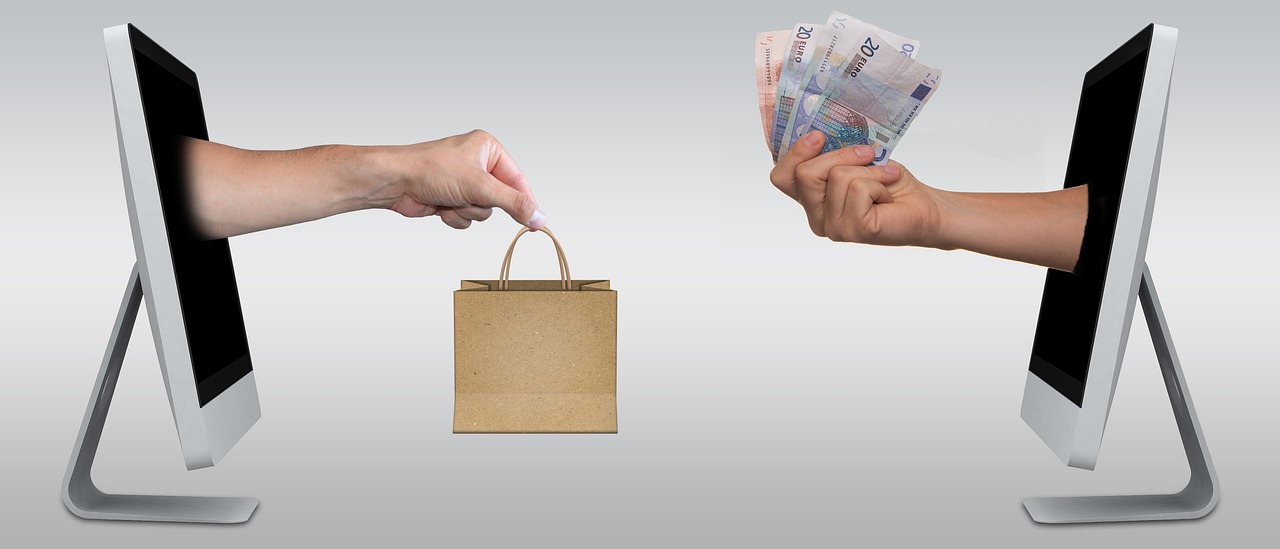Essential Guide to Sending Money to Germany: Key Information, Safety of Cryptocurrency, Cash Transfer Options, Limits, and Regulations for Non-EU Transactions Explained
GPT_Global - 2025-02-07 06:30:02.0 341
What information do I need to send money to someone in Germany?
Sending money to Germany can be a straightforward process if you have all the necessary information at hand. To ensure your remittance is successful, you'll need several key details about the recipient.
Firstly, you will need the recipient's full name as it appears on their bank account. This ensures that the funds are credited correctly. Additionally, obtaining their IBAN (International Bank Account Number) is crucial, as this unique identifier helps streamline the transfer process. Some transfers may also require the recipient's BIC (Bank Identifier Code) or SWIFT code, which identifies the recipient's bank.
Beyond banking details, consider the amount you're sending and the currency exchange rates. It’s also wise to be aware of any potential fees associated with international money transfers. Many remittance services provide competitive rates, so shopping around can save you money.
Lastly, ensure that you comply with any regulatory requirements, such as providing identification or reason for the transfer, especially for larger amounts. By gathering this information, you can make your remittance to Germany quick and hassle-free!

Is it safe to use cryptocurrency to send money to Germany?
In recent years, cryptocurrency has gained traction as a popular method for sending money internationally, including to Germany. However, many potential users wonder: is it safe to use cryptocurrency for these transactions? The answer isn't straightforward and warrants careful consideration.
One major advantage of using cryptocurrencies like Bitcoin or Ethereum for remittances is the speed of transactions. Unlike traditional banks, which can take several days to process international transfers, crypto transactions can be completed within minutes. Additionally, transaction fees are often lower compared to conventional methods, making it an appealing option for those looking to save on remittance costs.
However, safety is a concern. The volatility of cryptocurrencies means that the value can fluctuate dramatically, sometimes even during the transaction process. Furthermore, the lack of regulation can lead to scams and fraudulent activities. It’s essential for users to employ caution by using reputable wallets and trusted exchanges when sending cryptocurrencies to Germany.
In conclusion, while using cryptocurrency to send money to Germany can offer benefits, it’s crucial to weigh the risks. Doing thorough research and understanding the market can help ensure a safer and more efficient remittance experience.
How can I send cash to Germany without a bank account?
Sending cash to Germany without a bank account is easier than you might think. Various methods allow you to transfer funds securely and efficiently. One popular option is using money transfer services like Western Union or MoneyGram. These companies have numerous locations worldwide, allowing you to send cash directly to a recipient in Germany who can pick it up at a local agent.
Another alternative is using online remittance platforms such as PayPal or TransferWise. These services often require only an email address or phone number to initiate a transfer. Once the recipient creates an account, they can withdraw funds directly to cash via partnered locations or utilize ATMs that accept those services.
If you prefer a more personal approach, consider sending cash through mailing services like Western Union's "mail a check" feature or using secure courier services. Always ensure that you use reputable providers to minimize risks associated with sending cash internationally.
Remember to consider the fees and exchange rates associated with each method. By exploring these options, you can conveniently send cash to Germany without needing a bank account.
What are the limits on how much money I can send to Germany?
When considering sending money to Germany, it's vital to understand the limits that may apply to your transactions. Different remittance services have varying caps on how much money can be sent, often influenced by factors like the sender's location, bank partnerships, and regulatory compliance.
Most remittance companies set daily, weekly, or monthly limits on transfers to Germany. For example, some platforms may allow you to send up to $2,999 per transaction, while others may restrict you to lower amounts, particularly for newcomers or accounts without verification. Always check with your chosen service provider for their specific policies.
Moreover, regulations in both your home country and Germany can affect transfer limits. Countries may impose reporting requirements or anti-money laundering measures that can restrict the amount you can send at one time. To avoid issues, gather all necessary documentation and ensure compliance with local laws.
In summary, understanding the limits on sending money to Germany is crucial for a smooth remittance experience. Always consult your service provider to know exact limits and requirements, ensuring your funds reach their destination safely and efficiently.
Are there specific regulations for sending money to Germany from outside the EU?
When sending money to Germany from outside the EU, it's crucial to understand the specific regulations that govern remittances. Germany has strict anti-money laundering laws and regulations to ensure that all transactions are transparent and legitimate.
Firstly, senders must comply with both their home country’s financial regulations and German laws. This includes providing necessary identification and proof of the source of funds. Failing to do so could delay the transfer or even lead to penalties.
Additionally, many international remittance services have their own compliance checks. It's advisable to use reputable services that are licensed and regulated, as they will guide you through the necessary steps to ensure compliance.
Keep in mind that when you send money, there may be fees involved, and exchange rates can vary, impacting the total amount received in Germany. Always compare different service providers to find the best option for your needs.
In summary, while sending money to Germany from outside the EU is feasible, it’s essential to understand the specific regulations and choose a reliable remittance service to facilitate a seamless transaction.
About Panda Remit
Panda Remit is committed to providing global users with more convenient, safe, reliable, and affordable online cross-border remittance services。
International remittance services from more than 30 countries/regions around the world are now available: including Japan, Hong Kong, Europe, the United States, Australia, and other markets, and are recognized and trusted by millions of users around the world.
Visit Panda Remit Official Website or Download PandaRemit App, to learn more about remittance info.



